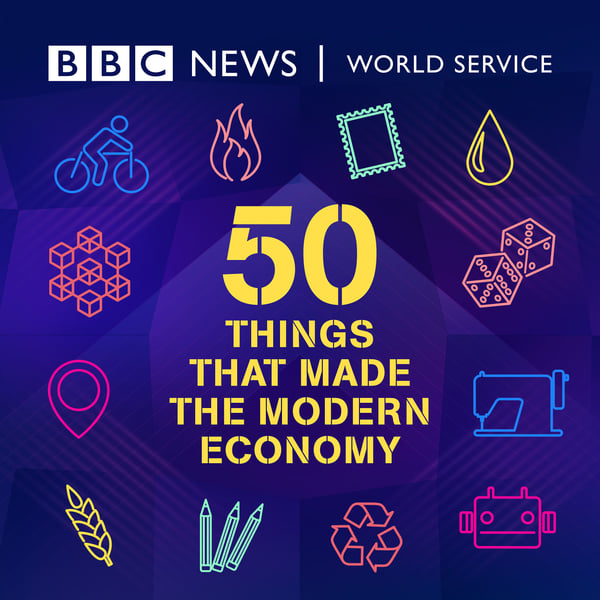Chess algorithms
50 Things That Made the Modern Economy
BBC
4.8 • 2.6K Ratings
🗓️ 17 February 2020
⏱️ 10 minutes
🧾️ Download transcript
Summary
Transcript
Click on a timestamp to play from that location
| 0:00.0 | 50 Things That Made The Modern Economy With Tim Harford |
| 0:16.2 | On the 25th of June 2012, Gary Kasparov, regarded by many as the greatest player in the history |
| 0:23.6 | of chess, sat down to play a game against a computer. |
| 0:29.2 | He wasn't sitting down for long. |
| 0:31.3 | Checkmate took 16 moves and a mere 40 seconds, leaving Kasparov apologising for winning so quickly. |
| 0:40.5 | The computer programme, Turo Champ, is noteworthy not for its strength, but its history. |
| 0:47.4 | It had been written in 1948 by the mathematician, code breaker and computer pioneer Alan Turing. |
| 0:55.4 | The programme looked at a few hundred options and made the move that produced the position |
| 1:00.0 | with the highest value. |
| 1:04.7 | On a modern laptop, that calculation takes a fraction of a fraction of a second. |
| 1:11.4 | Alan Turing had no computer and took half an hour per move to make the calculations using |
| 1:17.7 | a pencil and paper. |
| 1:20.6 | Kasparov was in awe that Turing had written a computer algorithm without a computer. |
| 1:28.9 | An algorithm is a step-by-step procedure, a set of well-defined instructions that one |
| 1:34.6 | follows to produce a result, a recipe written by an infinitely pedantic chef. |
| 1:41.5 | These days we think of algorithms as something rather mysterious that computers do, but as |
| 1:47.2 | Turo Champ demonstrates, algorithms can be executed by humans. |
| 1:52.2 | For most of the history of algorithms, there was no other way. |
| 1:56.8 | The word algorithm derives from the name of a brilliant Persian mathematician active |
| 2:02.3 | about 1200 years ago. |
| 2:05.0 | His name was Muhammad Ibn Musa al-Qurizmi and European scholars later called him Al-Qurizmi. |
| 2:13.6 | Scholars themselves predate al-Qurizmi. |
... |
Please login to see the full transcript.
Disclaimer: The podcast and artwork embedded on this page are from BBC, and are the property of its owner and not affiliated with or endorsed by Tapesearch.
Generated transcripts are the property of BBC and are distributed freely under the Fair Use doctrine. Transcripts generated by Tapesearch are not guaranteed to be accurate.
Copyright © Tapesearch 2025.

